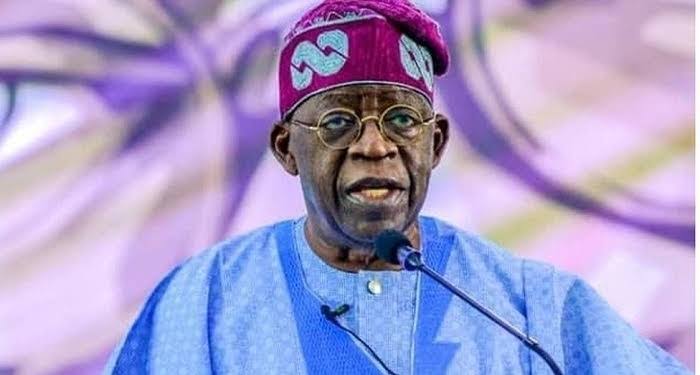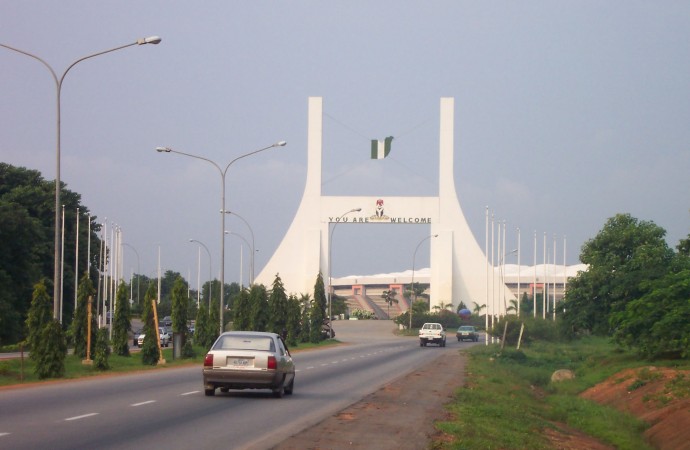By Owei Lakemfa
WATER is life. Yet it gets scarce. Deserts are advancing. Although floods are causing havoc in some parts of the world, dry patches are becoming common. There was so much water shortage in Southern Africa over the years, that countries like Namibia, Zimbabwe and South Africa were gasping for breath.
Three years ago, the water scarcity in Cape Town, South Africa was so serious, that the residents preferred their beautiful city to stink than use precious water to flush toilets, take a decent bath or wash clothes. The city banned car washing, filling swimming pools and fountains. Residents were restricted to 50 litres per day and there was also water quota for wetting farms.
Over the years, although most of Nigeria has no immediate water problem, I have always been conscious of my water usage. A few months ago, the Water Board cut off my water supply and sent me an accumulated bill. I went to its offices, cleared the bill and asked that it restores my water supply.
I was directed to some officers on the field who said my supply could not be restored because my water meter was faulty. I wondered why, and was told that my water consumption was so low that the meter literally switched off, and since my consumption remained too low, it malfunctioned. I had to get a new meter.
On reconnection, the water officials advised me to use as much water as I can. I could not understand the logic that a meter malfunctions because consumption is low. So, while water management is preached across the globe, here in Abuja, capital of Nigeria, I am being penalised for managing my water consumption, and advised to use lots of water even if I have to waste it. This is uniquely Nigerian.
In September 2016, fire gutted my house. My neigbours called the Fire Service office. When the firemen delayed in showing up, some went physically to the fire office only to be told the fire truck driver had gone to eat and was not picking his calls.
When with the help of neigbours the fire had been brought under control, I drove to the fire station. Luckily, the driver had showed up, and I led them to my house. By the time we arrived, the fire had been completely put out but I insisted the firemen should comb the entire building to ensure there were no more flames anywhere.
Then I asked them to help ascertain the cause of the fire. Their findings was that power surge caused it. I asked the team leader for his phone number which he obliged. But on dialling it, I observed the Truecaller gave a different name. I asked him if he was not the original owner of the phone.
He said he was. I then pointed out that his name tag was different from the one on the phone. He said for security reasons, firemen do not wear their true name tags. I asked him if those worn by the rest of his men were fake, he confirmed they were. Until today, I cannot fathom why this was so. My only explanation is that this is Nigeria.
In the Apartheid days, I published an article on the struggles in South Africa. Then a number of persons told me that the then President of one of the student unions was complaining that I plagiarised his piece.
Apart from the fact that I wrote the entire article, I had never read anything he had written. When I ran into him, I challenged him to show me where he had published the piece he claimed I had plagiarised.
He replied that he wanted to write a similar article but decided not to after reading mine as I seemed to have read his thoughts hence his complaint that I had plagiarised, at least his thoughts. I concluded he was either mentally unbalanced or had been trying to show off without thinking that this could filter into my ears. The fellow is now an international pastor, winning souls.
A few years ago, I stopped at a popular bookshop in Lagos. A book of essays on the origins and spread of a particular religion written by academics attracted my attention. I flipped through the voluminous book and noted some articles I would love to read. In particular, there was an essay on a nationalist I had written on some dozen years before.
When I returned to Abuja, I quickly began to read this particular essay. It seemed strangely familiar. It then dawned on me that I was reading my essay! The new ‘author’ had merely rearranged some of the paragraphs and passed it off as his own work. I had been plagiarised a few times, but not on this scale and by a man introduced as a well versed and widely published academic.
The editor of the book, a professor, is an old friend I had attended university with. I called him to complain and directed him where he can get a copy of my plagiarised essay. He sighed. It was not just about the reputation of his new book. On this, he said he could yank off my plagiarised essay and print a new edition. His fear is about the plagiarist, a retired professor.
He said if I persisted on pressing the case, the man’s reputation would be ruined and he is not sure, he would survive for long. I thought about it and decided to drop the case. Yes, I am wedded to the truth and against fraud in any sense, but was I ready to smash the reputation of the retired academic and possibly send him to an early grave?
There is a serving governor who is sworn to upholding the constitution which is categorical on who is a Nigerian citizen. But this governor argues that there is a nationality in the continent who are “global citizens” and, therefore, have the right to live in any African country especially Nigeria without naturalising.
To him, this group is above the Nigerian constitution and are automatically Nigerian citizens once they set foot on our soil. Is there any elected official in the world who can display so much disdain for the constitution? I suspect not; this is uniquely Nigerian.
The late General Sani Abacha is the most infamous ‘lootocrat’ in Nigerian history. He looted enough not just for himself, but also for his next four generations. Some European countries have been returning what has become known as the ‘Abacha Loot’ for two decades now.
Yet some elected officials who on behalf of Nigeria, are receiving the returned loot, swear that Abacha never stole. True, only in Nigeria do you find experienced prostitutes who are virgins.


